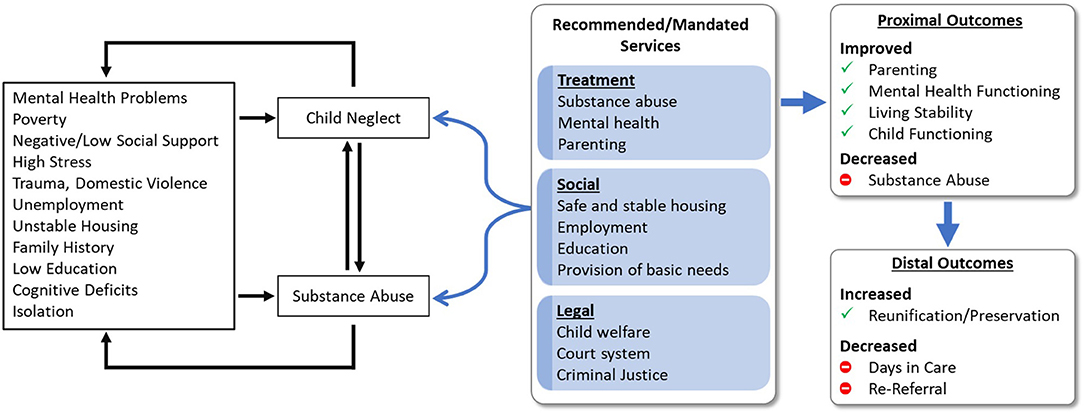Report on the Suspension of Ethiopian Health Professionals Association and Healthcare Workers’ Grievances
Introduction
In June 2025, the Ethiopian government suspended the Ethiopian Health Professionals Association (EHPA) following over a month of strikes by public healthcare workers demanding better working conditions and adequate pay. This report examines the suspension, the government’s response, and the implications for Sustainable Development Goals (SDGs), particularly SDG 3 (Good Health and Well-being), SDG 8 (Decent Work and Economic Growth), and SDG 16 (Peace, Justice, and Strong Institutions).
Background and Context
- Strike and Suspension: The EHPA was suspended by the Ethiopian Authority for Civil Society Organizations (ACSO) after healthcare workers initiated strikes in May 2025 to demand improved pay and working conditions.
- Government Actions: During the strikes, dozens of public healthcare workers were arbitrarily detained without charge or for peacefully exercising their rights. The government also issued threats and attempted to replace striking workers.
- Dialogue Attempts: The EHPA participated in discussions with the Ethiopian Human Rights Commission and government officials, including a meeting with Prime Minister Abiy Ahmed on June 21, 2025, but these talks did not resolve the issues.
Key Issues Highlighted
- Low Healthcare Spending: According to 2022 World Health Organization data, Ethiopia’s public healthcare spending is 0.7% of GDP, below the 1.2% average for low-income countries, impacting healthcare workers’ livelihoods and service quality.
- Inadequate Pay: Healthcare professionals, including surgeons, earn as little as US$80 per month, insufficient to meet basic needs.
- Harassment and Arbitrary Detention: Numerous healthcare workers faced arrests, detentions, and intimidation, including Dr. Mahlet Guush, detained without warrant for over three weeks.
- Legal Framework: While Ethiopia’s labor laws prohibit medical practitioners from striking, the civil servants’ proclamation regulating public healthcare workers does not. International human rights law protects the right to strike with some restrictions for essential services.
Implications for Sustainable Development Goals (SDGs)
SDG 3: Good Health and Well-being
- The suspension of EHPA and the repression of healthcare workers undermine efforts to improve healthcare quality and accessibility.
- Low pay and poor working conditions contribute to workforce shortages, affecting health outcomes.
SDG 8: Decent Work and Economic Growth
- Healthcare workers’ demands for fair wages and safe working conditions align with the goal of promoting decent work.
- Government repression contradicts the promotion of labor rights and safe workplaces.
SDG 16: Peace, Justice, and Strong Institutions
- Arbitrary detentions and suppression of peaceful assembly violate fundamental human rights and weaken institutional trust.
- Meaningful dialogue and respect for civil liberties are essential for strong governance and social justice.
Recommendations
- Immediate lifting of the suspension of the Ethiopian Health Professionals Association.
- Cease harassment, arbitrary detention, and intimidation of healthcare workers.
- Engage in meaningful dialogue with healthcare professionals to address grievances related to pay, working conditions, and safety.
- Increase public healthcare spending to meet international benchmarks and improve service delivery.
- Ensure compliance with international human rights standards protecting the right to strike and freedom of expression.
Conclusion
The Ethiopian government’s current approach to healthcare workers’ protests—marked by suspension of professional associations and repression—hinders progress toward achieving key Sustainable Development Goals. Addressing healthcare workers’ legitimate concerns through constructive engagement is critical to strengthening Ethiopia’s healthcare system, promoting decent work, and upholding human rights.
1. Which SDGs are addressed or connected to the issues highlighted in the article?
- SDG 3: Good Health and Well-being
- The article focuses on public healthcare workers’ strikes, working conditions, and pay in Ethiopia, directly relating to ensuring healthy lives and promoting well-being.
- SDG 8: Decent Work and Economic Growth
- The issues of fair pay, working conditions, and the right to strike relate to promoting sustained, inclusive, and sustainable economic growth, full and productive employment, and decent work for all.
- SDG 16: Peace, Justice, and Strong Institutions
- The arbitrary detention of healthcare workers and suspension of their association touches on access to justice, protection of fundamental freedoms, and accountable institutions.
- SDG 10: Reduced Inequalities
- The disparities in pay and working conditions for healthcare workers highlight issues of inequality within the country.
2. What specific targets under those SDGs can be identified based on the article’s content?
- SDG 3 Targets
- 3.c: Substantially increase health financing and recruitment, development, training and retention of the health workforce in developing countries.
- 3.8: Achieve universal health coverage, including financial risk protection and access to quality essential healthcare services.
- SDG 8 Targets
- 8.5: Achieve full and productive employment and decent work for all women and men, including for young people and persons with disabilities, and equal pay for work of equal value.
- 8.8: Protect labour rights and promote safe and secure working environments for all workers.
- SDG 16 Targets
- 16.3: Promote the rule of law at the national and international levels and ensure equal access to justice for all.
- 16.10: Ensure public access to information and protect fundamental freedoms, in accordance with national legislation and international agreements.
- SDG 10 Targets
- 10.2: Empower and promote the social, economic and political inclusion of all, irrespective of age, sex, disability, race, ethnicity, origin, religion or economic or other status.
3. Are there any indicators mentioned or implied in the article that can be used to measure progress towards the identified targets?
- Health Workforce Indicators
- Number of healthcare workers per 1,000 population (implied by discussion of healthcare worker shortages and strikes).
- Health expenditure as a percentage of GDP (explicitly mentioned as 0.7% in Ethiopia vs. 1.2% average in low-income countries).
- Average monthly salary of healthcare workers (e.g., US$80/month for a surgeon).
- Labour Rights and Working Conditions Indicators
- Incidence of strikes and work stoppages in the healthcare sector.
- Number of healthcare workers arbitrarily detained or harassed (148 arrests reported).
- Legal protections and enforcement of labour rights for healthcare workers (implied by references to labor and civil servants’ proclamations and international labor conventions).
- Access to Justice and Fundamental Freedoms Indicators
- Number of cases of arbitrary detention or harassment of healthcare workers.
- Existence and enforcement of laws protecting freedom of expression and peaceful assembly for healthcare workers.
- Equality Indicators
- Pay disparities among healthcare workers.
- Access to decent working conditions regardless of region or political context.
4. Table: SDGs, Targets and Indicators
| SDGs | Targets | Indicators |
|---|---|---|
| SDG 3: Good Health and Well-being |
|
|
| SDG 8: Decent Work and Economic Growth |
|
|
| SDG 16: Peace, Justice, and Strong Institutions |
|
|
| SDG 10: Reduced Inequalities |
|
|
Source: hrw.org







